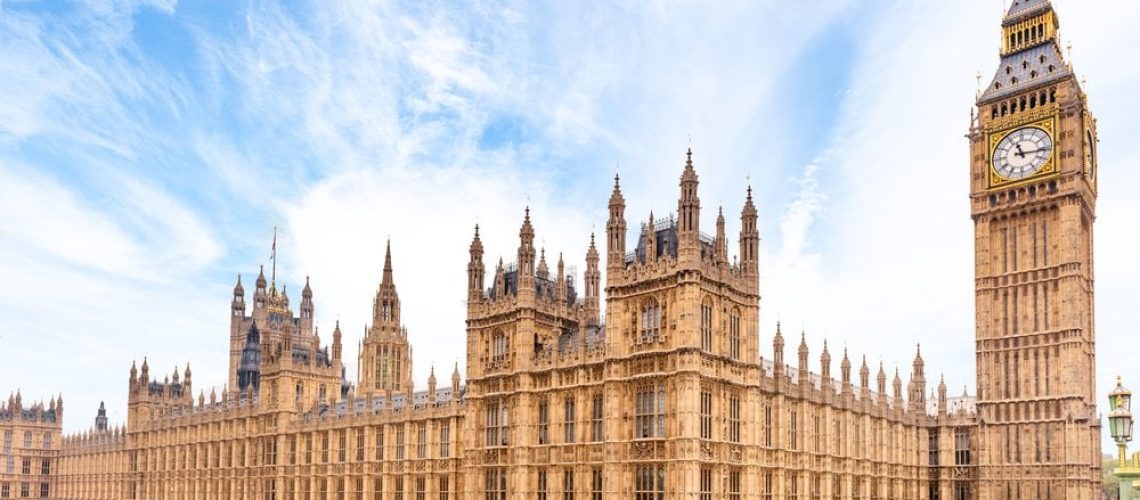
WITH senior officials from some of the UK’s most powerful regulatory bodies appearing before the Business and Trade Select Committee this week, it is worth analysing the economic harm caused by some of the most prominent of them. This is what the TaxPayers’ Alliance has just done. From financial services to utilities, it finds the extent to which this bloated regulatory apparatus is stifling investment, driving up costs and preventing the UK economy from realising anywhere near its full potential.
Reports had suggested Chancellor Rachel Reeves will use her Mansion House speech to promise a ‘bonfire of financial services regulation’. But her vow to cut regulatory red tape to boost growth was countered by her rallying cry to ‘regulate for growth’. More damp squib than bonfire. The problem that Reeves patently doesn’t understand is far more than a few outdated rules, it’s the sprawling regulatory state itself – the delegation of regulatory powers to so-called independent bodies, quangos, with their own vested interests. These have ballooned regulation in Britain far beyond any original purpose. Intrusive, expensive and counterproductive, they fail any serious cost-benefit test.
This, with Labour’s failure to back businesses in its first year in office, has led to a confidence drop among UK firms, falling into negative territory for the first time in over two years in early 2025, according to the Institute of Chartered Accountants in England and Wales. Business leaders cite high taxes, rising cost pressures, and fading sales growth as key concerns.
The Tax Payers’ Alliance’s Britain’s Quangos Uncovered project published a dossier this week which identifies specific ways in which the regulators are throttling growth and imposing unnecessary burdens on businesses and consumers alike.
- At the Financial Conduct Authority, the much-trumpeted Consumer Duty rules have had a chilling effect on the availability of financial advice. In a recent survey, half of financial advisers reported that they had stopped serving clients because of the cost and complexity of implementing the duty. This creates a dual problem: consumers have less access to advice, while firms face higher compliance costs which are disproportionate to the commercial value of the service. The rules were meant to improve outcomes. In reality, people who have received financial advice no longer have access to this service.
- Worse still, the FCA’s proposals on non-financial misconduct – known as CP25/18 – represent a duplication of standards that already exist in law and HR policy. By extending the regulator’s remit into areas of personal behaviour that are not directly related to financial conduct, the FCA risks becoming a moral arbiter rather than a market regulator. This is a clear-cut case of mission creep, one that adds to the compliance burden without delivering clear benefits to consumers or markets. It is a concern echoed by shadow minister for Business and Trade Andrew Griffith.
Read More – Regulators are stifling British business. They must be reined in


